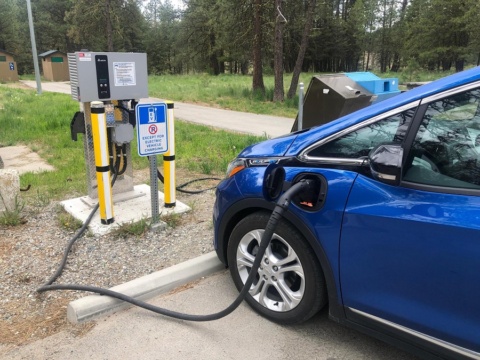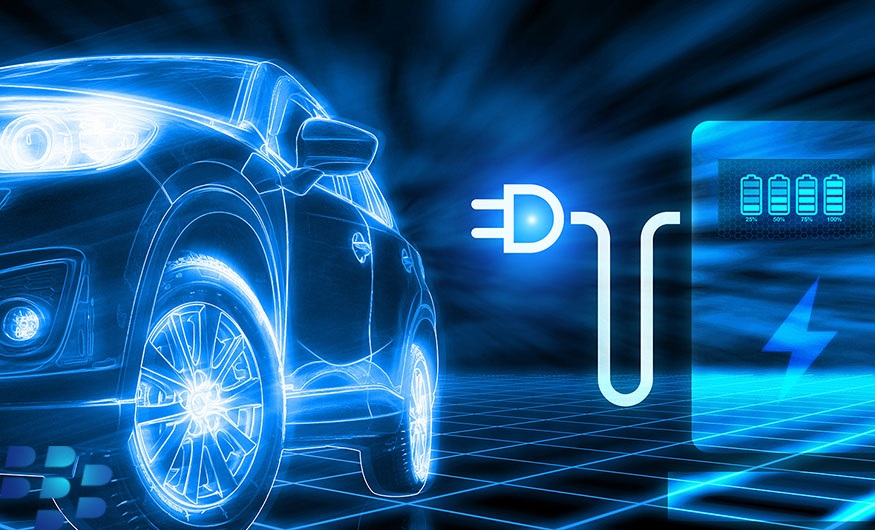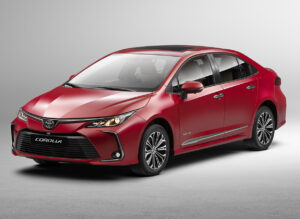Over the past decade, the willingness to buy electric vehicles (EVs) has increased significantly, boosting their popularity due to their zero emissions and minimal environmental impact. Additionally, these cars have become more affordable, making them accessible beyond just the wealthy. However, despite technological advancements and falling prices, EV sales have recently declined. While economic factors may partly explain this trend, there are more complex issues at play.
Recent studies show that public reluctance to fully embrace electric vehicles can be attributed to four main factors: technological, environmental, financial, and infrastructural. This article explores each of these barriers to understand what’s holding EVs back and what can be done to overcome these challenges.
The Technological Reason
Limited Driving Range
One of the main criticisms of EVs is their limited driving range, which discourages many people from choosing to buy electric vehicles. Currently, an EV can travel about 300 miles on a single charge, whereas a conventional gasoline-powered vehicle averages around 403 miles. This difference of over 100 miles is significant enough to deter potential buyers. While promising new battery technologies could significantly extend this range, it remains uncertain whether they will deliver on this promise.
Long Charging Times
Another well-known issue with EVs is the long charging time. It takes about 30 minutes to charge an EV from 10% to 80% at a public fast charger, providing roughly 200 miles of range. This is a considerable amount of time compared to the mere four minutes it takes to refuel a gasoline car, especially when people have tight schedules or urgent commitments.
Limited Battery Life
The average lifespan of an EV battery is estimated to be between 100,000 and 200,000 miles or about 15 to 20 years. While this is comparable to conventional vehicles, which last about 200,000 miles (or up to 300,000 miles with excellent maintenance), the reliability of these estimates is still in question due to concerns about battery cell decay.
Safety Concerns
High-profile incidents of EV batteries catching fire in accidents have raised safety concerns among consumers. Although modern EVs come equipped with safety features like battery management systems and sealed battery packs to prevent leaks, these incidents are enough to make some potential buyers hesitant.
Reliability Doubts
As with any new technology, there are doubts about the reliability of EVs. A decade ago, these concerns were justified, as early EVs often experienced more frequent component failures than their gasoline counterparts. Today, EVs are generally considered as reliable, if not more so, than conventional vehicles, primarily because they have fewer moving parts.
Limited Model Availability
Since EVs are relatively new, there are fewer models available compared to gasoline cars, which can be a drawback for those looking to buy electric vehicles. This lack of variety means that some consumers’ specific needs may not be met by the current EV offerings. As of early 2024, there are over 40 battery-electric vehicle models available in the US, compared to about 235 conventional models.
The Environmental Reason
Battery Disposal Issues
Disposing of EV batteries poses a significant environmental challenge for those who buy electric vehicles. However, over 95% of an EV battery can now be recycled and used to make new batteries, reducing waste considerably. The remaining 5% still ends up as regular waste, which is a point of contention among environmentalists who believe more needs to be done to make the process eco-friendlier.
Environmental Impact of Battery Production
The production of EV batteries is notoriously harmful to the environment. Studies suggest that EV batteries can account for up to 60% of an electric vehicle’s total carbon footprint over its lifetime. Mining the materials needed for these batteries can cause significant environmental damage, including ecosystem destruction, acid rain, and harm to workers in extreme cases.
The Economic Reason
High Purchase Price
The high cost of purchasing an EV is a major barrier. In the US, the average price of a new EV is just over $55,000, compared to about $47,000 for a new gasoline vehicle. While this price difference is not enormous, concerns about battery life and replacement costs make potential buyers wary. Some Chinese manufacturers offer EVs that claim superior performance at lower prices, but new legislation may make these options inaccessible.
High Battery Replacement Cost
Replacing an EV battery can be very expensive, ranging from $6,500 to $20,000. Given the average lifespan of 100,000 to 200,000 miles, this cost is a significant deterrent. Most prospective buyers are put off by the possibility of having to pay nearly as much as the vehicle’s value to replace the battery.
High Electricity Prices for Charging
The cost of electricity has risen by nearly 20% since 2020, affecting EV owners significantly. While charging an EV from empty to full using a domestic Level 2 charger costs about $15-$25—much less than filling a gasoline tank—long charging times can offset these savings.
Lower Resale Value
EVs typically have lower resale values compared to gasoline vehicles, which affects those who buy electric vehicles. This is primarily due to concerns about battery replacement costs and the perception that used EVs are less desirable. Many first owners sell their EVs before needing a new battery, leaving the second owner to face potentially high maintenance costs.
Home Charging Adaptation Costs
Upgrading a home for a Level 2, 240-volt charger can cost between $1,000 and $2,500. This additional expense, coupled with the reluctance to modify home electrical systems, discourages many consumers from adopting EVs. Although the cost can be offset over time, many buyers do not see it this way and opt against it.
The Infrastructure Reason
Insufficient Public Charging Stations
Despite an increase in public EV charging stations, they are still far fewer than gasoline stations, which poses a challenge for those who buy electric vehicles. As of mid-2023, there were around 61,000 public EV charging stations in the US, mostly in major cities. In contrast, there were over 196,000 gasoline stations as of early 2024, spread more evenly across the country. This makes it much easier to find a place to refuel a gasoline car than to charge an EV, especially in rural areas.
Charging Problems Without a Garage
Security issues arise when charging an EV without a garage. People living in apartments or condos may have to charge their EVs in unsecured locations, risking someone unplugging the car or tampering with the charger. Some companies suggest using car tents, but these can be even more conspicuous and impractical.
Insufficient Maintenance and Repair Services
Although more repair shops are starting to offer EV services, the number of non-dealer repair options remains low. This forces EV owners to rely on dealership services, which can be expensive. Additionally, the complexity of EV systems means that most repairs must be done by professionals, increasing costs.
Unreliable Charging Power Grid
Charging an EV requires every component of the vehicle and charger to function correctly. If something goes wrong with the charger or the power grid, it can halt the charging process. This can be problematic if an EV is in desperate need of power or if the owner has a tight schedule.
In conclusion, while electric vehicles offer many benefits, significant barriers remain for those who buy electric vehicles. Technological limitations, environmental concerns, high costs, and infrastructure issues all contribute to the reluctance of consumers to fully embrace EVs. Addressing these challenges will be crucial for the future success and widespread adoption of electric vehicles.








